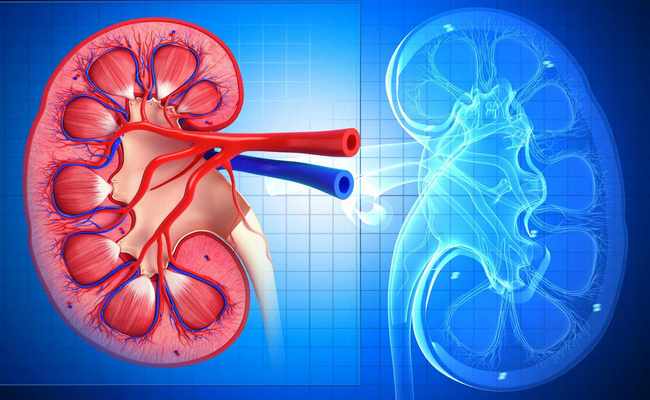Definition of Renal Failure:
Renal failure may be defined as failure to renal excretion leading to retention of nitrogenous waste products of metabolism including creatinine & urea.
Kidney failure, also known as renal failure or renal insufficiency, is a medical condition of impaired kidney function in which the kidneys fail to adequately filter metabolic wastes from the blood.
Definition of Acute Renal Failure (ARF):
Acute Renal Failure (ARF) is characterized by an acute and usually reversible deterioration of renal function which develops over a period of days or weeks and results in uraemia.

Investigations of Acute Renal Failure (ARF):
All the investigations of acute renal failure have presented in the following:
- Urine for RME, C/S: Volume reduced, increased specific gravity, pus cell, RBC cast may present.
- Blood: FBC, Platelet count, blood film, blood culture.
- Blood urea, serum creatinine raised.
- Serum electrolytes: Hyperkalaemia, hyponatraemia, metabolic acidosis.
- X-ray of KUB region, Chest X-ray.
- Ultrasonography of KUB region.
- Intravenous urology.
- Renal biopsy.
Nursing Management of Acute Renal Failure (ARF):
1. Emergency resuscitative measure:
- Hyperkalaemia: Calciumgluconate 10 ml l 10% IV, infusion of 25% glucose and d if hyperglycaemia insulin (12 unit IV)
- Acidosis: 10% NaHCO3
2. General management:
- Fluid and electrolyte balance: Fluid requirement is 500 ml plus previous day output.
- Nutrition: Restriction of protein to about 40 g/day (0.5 – 1 gm/kg/day in children) and adequate calorie.
- Control of symptoms: If infection, antibiotic, hypertension; antihypertensive.
3. Management of oliguric phase:
- Restriction of movement (absolute bed rest),
- Restriction of fluid (previous day output + 500 ml),
- Restriction of protein (about 40 mg day),
- No restriction of carbohydrate or fat,
- Restriction of fruits (especially K* fruit),
- Restriction of salts,
- If patient’s condition is deteriorating, go for peritoneal dialysis or haemodialysis.
4. Management of diuretic phase:
- Adequate amount of fluid orally or parenterally to replace 3-5 liters of urine that is produced daily.
- Adequate maintenance of electrolytes balance with serum electrolytes estimation daily.
- Restriction of protein.
- Strict control of infection should be maintained.
- Haemodialysis or peritoneal dialysis (if indicated).
5. Infection control: by antibiotic
6. Drugs: NSAIDs and ACE inhibitors should be avoided.
Complication of Acute Renal Failure:
Complications of acute renal failure are listed in the below:
- Oedima,
- Electrolytes imbalance: Hyperkalaemia, hyponatraemia,
- Acid base imbalance: Metabolic acidosis,
- Hyperuricemia,
- Infections,
- Undergo chronic renal failure (CRF),
- Bleeding manifestations,
- Cardiac,
- Uraemic pericarditis,
- Cardiac arrhythmias,
- Hypertension.

Maria Khatun Mona is a Founder and Editor of Nursing Exercise Blog. She is a Nursing and Midwifery Expert. Currently she is working as a Registered Nurse at Evercare Hospital, Dhaka, Bangladesh. She has great passion in writing different articles on Nursing and Midwifery. Mail her at “maria.mona023@gmail.com”
